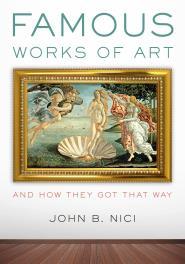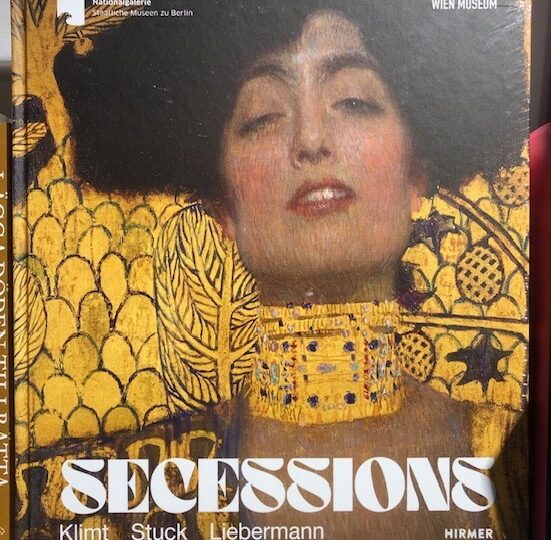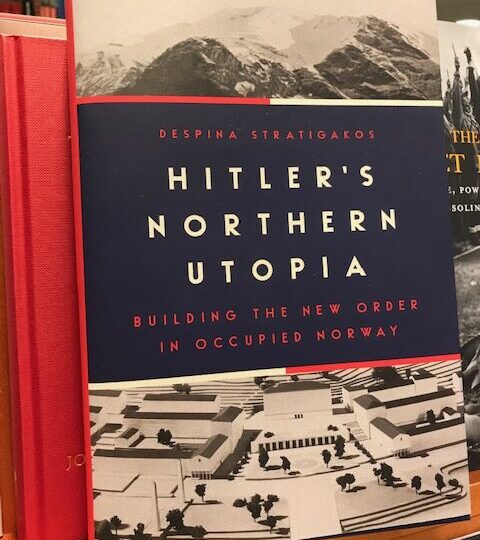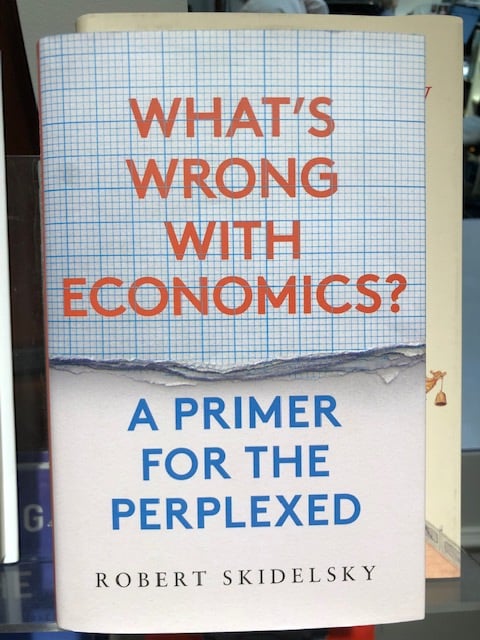
This insightful book looks at how mainstream economics’ quest for scientific certainty has led to a narrowing of vision and a convergence on an orthodoxy that is unhealthy for the field, not to mention the societies which base policy decisions on the advice of flawed economic models. Noted economic thinker Robert Skidelsky explains the circumstances that have brought about this constriction and proposes an approach to economics which includes philosophy, history, sociology, and politics.
Skidelsky’s clearly written and compelling critique takes aim at the way that economics is taught in today’s universities, where a focus on modelling leaves students ill-equipped to grapple with what is important and true about human life. He argues for a return to the ideal set out by John Maynard Keynes that the economist must be a “mathematician, historian, statesman, [and] philosopher” in equal measure.
Skidelsky’s clearly written and compelling critique takes aim at the way that economics is taught in today’s universities, where a focus on modelling leaves students ill-equipped to grapple with what is important and true about human life. He argues for a return to the ideal set out by John Maynard Keynes that the economist must be a “mathematician, historian, statesman, [and] philosopher” in equal measure.
THE AUTHOR
Robert Skidelsky is emeritus professor of political economy at the University of Warwick. He is the author of many books, including Money and Government: The Past and Future of Economics.
Källa: Yale University Press
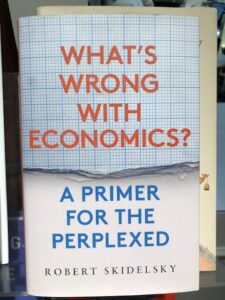
Inbunden. 248 sidor.

